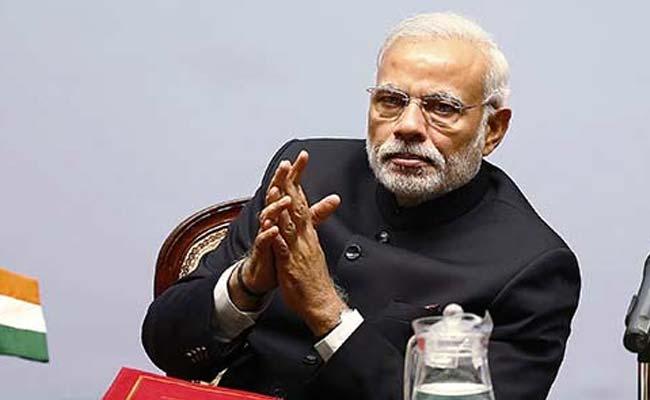
Prime Minister Narendra Modi has started the New Year by replacing the 65-year-old Planning Commission, which he had accused of stifling growth with Soviet-style bureaucracy, with a body that he says will give state governments a much larger say in crucial decisions.
Here is your 10-point cheat-sheet to this big story:
The new National Institution for Transforming India (NITI) will act more like a think tank or forum, say its supporters, in contrast with the Commission which imposed five-year-plans and allocated resources to hit set economic targets.
NITI will include leaders of India's 29 states and seven union territories. But its full-time staff - a deputy chairman, Chief Executive Officer and experts - will answer directly to the 64-year-old Prime Minister, who will be chairman.
The opposition Congress mocked the launch as a cosmetic relabelling exercise - the new body's acronym-based name means 'Policy Commission' in Hindi, suggesting a less bold departure than the English version does.
Despite being blamed by critics for the slow growth that long plagued India, the Commission survived the market reforms of the early 1990s, riling Mr Modi with its interventions when he was Chief minister of industry and investor friendly Gujarat.
Mr Modi, elected by a landslide last year on a promise to revive flagging growth and create jobs, had vowed to do away with the Planning Commission that was set up in 1950 by Congressman and Prime Minister Jawaharlal Nehru.
But his plans have been derided by the Congress party, which wants to defend the Nehru legacy and describes Mr Modi's vision of "cooperative federalism" as cover for a veiled power grab.
India's first Prime Minister Jawaharlal Nehru, a socialist who admired Joseph Stalin's drive to industrialize the Soviet Union, set up and chaired the Commission to map out a development path for India's agrarian economy.
In 2012, the Planning Commission was pilloried for spending some Rs 35 lakh to renovate two office toilets, and then it was lampooned for suggesting that citizens who spent Rs 27 or more a day were not poor.
The commission had remained powerful over the decades because it had emerged as a sort of parallel cabinet with the Prime Minister as its head.
The Commission's power in allocating central funds to states and sanctioning capital spending of the central government was deeply resented by states and various government departments.

